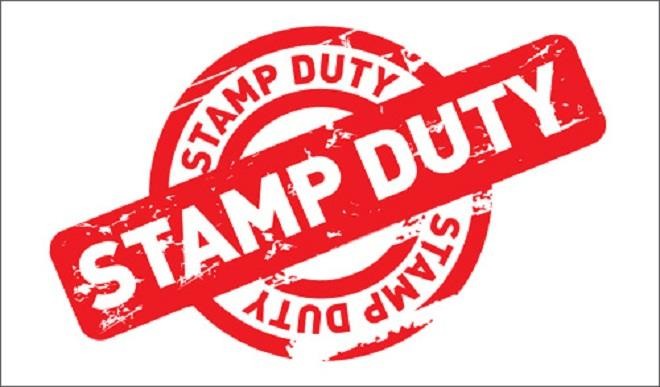On 13 January 2020, President Muhammadu Buhari signed the Finance Bill, 2019 (now Finance Act) into law.
The Finance Act was specially designed to support the implementation of the 2020 National Budget.
Amongst the various changes introduced to the act is the provision that a N50 stamp duty charge would now be levied on electronic payments above N10,000 as against threshold of payment above N1,000.
Stamp Duties are taxes paid to the federal or state government on documents such as Conveyances on sale, Bills of Exchange, Promissory notes, Agreements, Contracts, or even documents such as Letters and certificates of admission, Instruments of Apprenticeship, Insurance Policies etc.
Any written document that is not stamped is not allowed to be received in any Judicial proceeding in Nigeria until the stamp duty and the resulting penalty for the non-payment of the stamp duty is paid.
Explaining the implication of the new provision, the Federal Inland Revenue Service stated that: “Any electronic receipt for, or electronic transfer of, money deposited with any bank or with any banker in any type of account of an amount from N10,000 upwards shall attract a singular or one-off duty of the sum of N50.”
The deposit money banks have been recovering these charges since the law came into effect, usually after every transaction worth over N10,000.
Trouble, however, started when Access bank notified its customers that it had recently discovered that the charges on applicable transactions carried out between February 1, 2020, and April 30, 2020, were inadvertently not passed on the customers’ accounts and therefore advised them to keep enough money in their bank accounts in order to accommodate the charge.
The recovery drew the wrath of its customers who took to the social media to allege illegal deduction or outright fraud.
The outcry had since forced the bank to review and revert the decision, and has now forfeited the payment made on its customer’s behalf.
What will not change going forward, however, is that Access bank, just like its contemporaries, will continue to apply the stamp duty charge to eligible transactions immediately after such transactions.

 Join Daily Trust WhatsApp Community For Quick Access To News and Happenings Around You.
Join Daily Trust WhatsApp Community For Quick Access To News and Happenings Around You.


